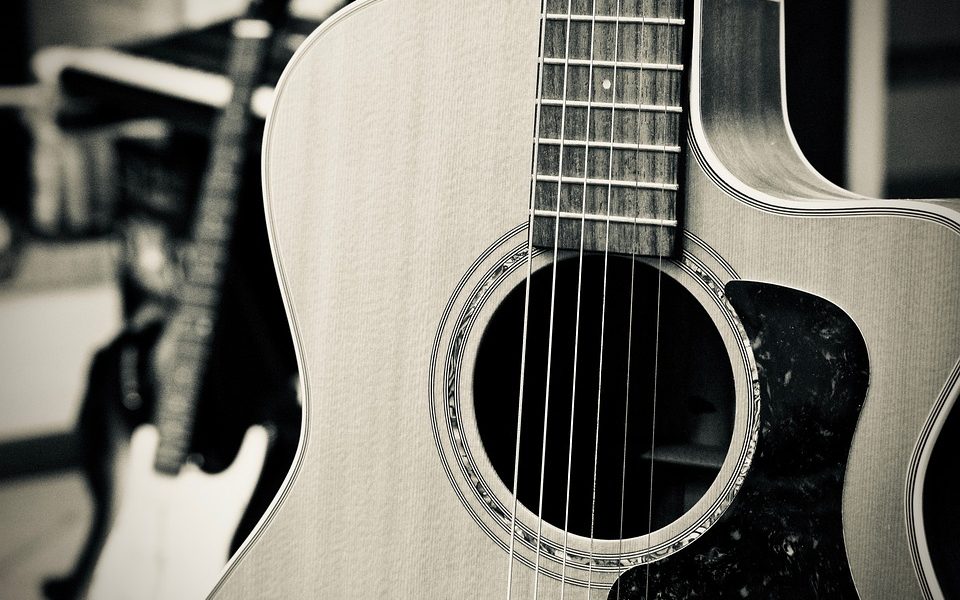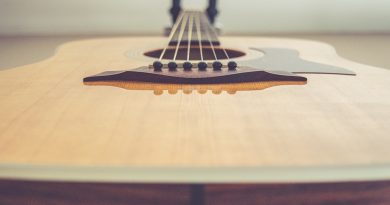Mastering the Basics: Guitar Beginners’ Practice Tips
Mastering the Basics: Guitar Beginners’ Practice Tips
Learning to play the guitar can be a rewarding and fulfilling experience, but it takes time, dedication, and practice to truly master the instrument. As a beginner guitarist, it’s important to build a strong foundation and develop good practice habits from the start. In this article, we will provide you with some essential practice tips to help you on your journey to becoming a proficient guitarist.
1. Establish a Practice Routine
Consistency is key when it comes to learning any new skill, including playing the guitar. It’s important to set aside time each day to practice, even if it’s just for a few minutes. By establishing a practice routine, you can develop muscle memory, improve your technique, and progress more quickly.
2. Warm Up Before You Play
Just like athletes warm up before a game or workout, it’s essential for guitarists to warm up their hands and fingers before playing. Spend a few minutes doing simple exercises such as finger stretches, gentle fingerpicking, or playing chromatic scales to prepare your muscles and prevent injuries.
3. Focus on Proper Technique
One of the most critical aspects of learning the guitar is to focus on proper technique. Make sure you are holding the guitar correctly, positioning your fingers on the fretboard accurately, and using the correct picking or strumming techniques. Learning good technique from the beginning will prevent bad habits from forming and make it easier for you to progress.
4. Practice with a Metronome
Rhythm is an essential component of music, so it’s crucial for guitarists to develop a sense of timing early on. Using a metronome during practice can help you improve your timing, develop a steady pulse, and play more accurately. Start by practicing simple scales or exercises at a slow tempo and gradually increase the speed as you become more comfortable.
5. Break Down Songs into Small Sections
When learning a new song or piece of music, it can be overwhelming to try to play it all at once. Instead, break down the music into smaller sections and work on mastering each part before putting it all together. This method will help you focus on difficult passages, identify problem areas, and gradually improve your playing.
6. Experiment with Different Styles and Techniques
As a beginner guitarist, it’s essential to explore different styles of music and techniques to expand your musical horizons. Try playing different genres such as rock, blues, folk, or jazz, and experiment with techniques like fingerpicking, bending, sliding, or tapping. By diversifying your playing experience, you can discover new sounds, develop your own unique style, and keep your practice sessions fresh and exciting.
7. Record Yourself Playing
Recording yourself playing the guitar can be a valuable tool for assessing your progress, identifying areas for improvement, and tracking your growth as a musician. Listen back to your recordings with a critical ear, and pay attention to your timing, tone, dynamics, and overall performance. By analyzing your recordings, you can set specific goals, measure your progress, and continuously strive for improvement.
8. Seek Feedback and Guidance
Don’t be afraid to ask for feedback from more experienced guitarists, teachers, or peers. Getting constructive criticism on your playing can help you identify areas for improvement, gain new perspectives, and receive guidance on how to progress. Joining a guitar class, workshop, or online forum can also provide you with a supportive community of musicians who can offer advice, encouragement, and inspiration.
9. Be Patient and Persistent
Learning to play the guitar takes time, patience, and perseverance. Don’t get discouraged if you encounter difficulties or progress slower than you expected. Remember that every guitarist started as a beginner and had to work hard to reach their current level of skill. Stay focused on your goals, stay motivated, and keep practicing consistently to achieve success.
In conclusion, mastering the basics of guitar playing requires dedication, discipline, and a love for music. By following these practice tips and staying committed to your musical journey, you can develop your skills, build confidence, and become a proficient guitarist. Enjoy the process of learning, embrace the challenges, and keep striving for excellence in your playing. Happy practicing!






